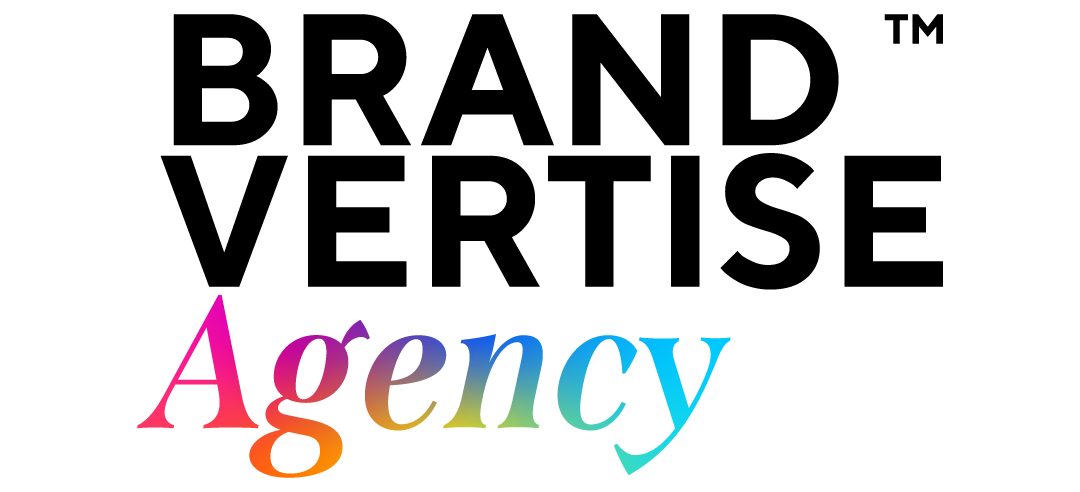
PPC advertising is one of the best online marketing methods for getting targeted traffic to your website, raising your brand’s digital visibility, and generating leads. PPC, in essence, is very different from organic methods, as it allows you to reach potential customers in just about any place by presenting ads on various search engines, social networks, and other websites. This blog will go deep into how PPC advertising works and will provide ways of implementing and running great PPC campaigns.
What is Pay-Per-Click Advertising?
PPC refers to a form of payment where advertisers will have to pay charges for every click that they get on their advertisement. In simple terms, for every visit to your site, one does not earn the visit; they purchase the visit. Widely known PPC is Google AdWords, although there are others, such as Bing Ads, Facebook Ads, and LinkedIn Ads.
Why PPC?
Quick Results: Unlike SEO, which may take months to really start working for you, PPC campaigns could throw traffic on your website in just a few hours. Targeted Viewers: In PPC, you can easily target only the specific demographics, area, and devices where you will be sending your ads out, ensuring the right viewers. Controlled Budget: You can put a budget just at your convenience, and then adjust it when you require; in other words, an easy way to advertise.
Measurable ROI: With extensive analytics, you can track how each ad is performing and measure the return on investment.
Key PPC Strategies
Keyword Research
The answer is simple. Yes, keywords are the building blocks of any PPC campaign. Keyword research will aid you in finding out what terms your potential customers are using. Find relevant keywords for high volume searches with the least possible competition using Google Keyword Planner, SEMrush, Ahrefs, and many more useful tools.
Ad Copywriting
Your ad copy needs to be as much engaging and relevant as possible for the audience. Include a primary keyword as well as a strong call-to-action in your ad. Run the A/B testing for different versions of your ad copy to know which works better.
Landing Page Optimization
Ensure that the landing page the clicked ad links to is relevant, user friendly, and conversion-optimized. A well-designed landing page with a clear call-to-action can radically increase conversion rates.
Bid Management
Setting the right bid is a catch in PPC performance. A higher-priced bid can get you higher placement, but it can just as easily burn through your budget. Utilize automated bidding strategies via platforms like Google Ads to have real-time optimizations based on the parameters of your goals.
Targeting and Retargeting
This also allows you to target audiences by location, language, device, and audience demographics. On top of that, it retargets or remarkets to people who have visited your site but not converted. You can remind users of your products and other offers you may have by using these retargeting ads.
Monitoring and Analytics
Keep a tab on your PPC campaigns to tell their performance. Some important metrics that can be watched in this regard include click-through rate, cost-per-click, conversion rate, and return on ad spend. Use such data to modify the strategy for better campaign effectiveness.
Common PPC Mistakes to Avoid
Not Paying Attention to Negative Keywords
Negative keywords will ensure that your ads are not triggered to appear for irrelevant search queries. Keep working on the list of negative keywords and keep refining it from time to time to avoid your budget from being wasted on non-converting clicks.
Missing Out on Mobile Users
As the number of users logging on to the Internet through mobile devices increases, ensure that your ads and landing page are mobile-friendly; otherwise, you are losing out on opportunities, and conversion rates can greatly decrease.
Ignoring Quality Score
Google AdWords Quality Score: This one will impact how well your ad does as well as its cost. You need to mind your p’s and q’s with your keywords, ads and landing pages when it comes to relevance and quality. The better the score means a lower CPC audience a great spot for your ads. Keep the working on your Quality Score by increasing the measure of ad relevancy and grabbing hold of an ideal user experience.
Set and Forget Campaigns
Manage and optimize PPC campaigns on a continuous basis. Continuing monitoring of campaign effectiveness should be enabled, with changes made as required, and continued testing to ensure the approach is best-in-class compared to competitors.
Conclusion
PPC Advertisement has been the surest means to drive relevant traffic towards any website in order to achieve any online marketing goal. Knowing how to manage PPC with appropriate strategies will see you through successful PPC campaigns, which will, in turn, yield the best results. Remember, though, to conduct proper keyword research, write ad copy that will engage your audience, ensure proper landing-page optimization, and manage your bids. Avoid common mistakes and always remain ready to tweak in order to most benefit from your PPC efforts.



